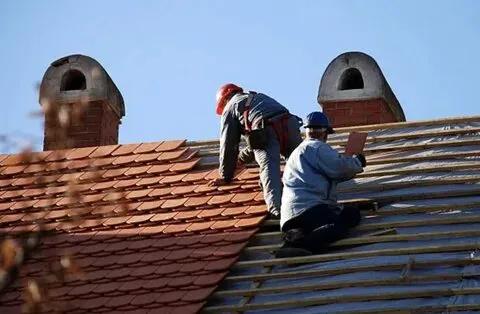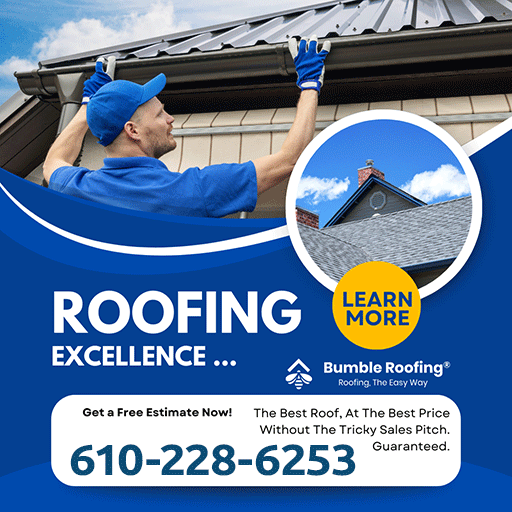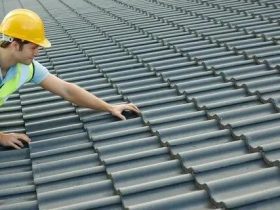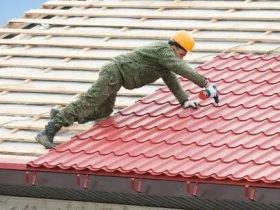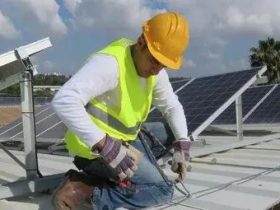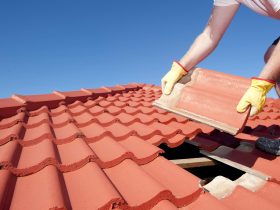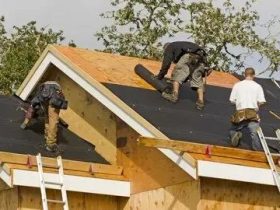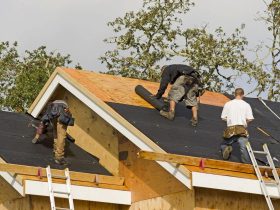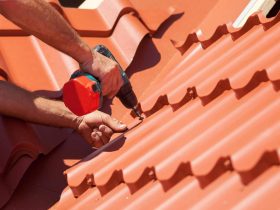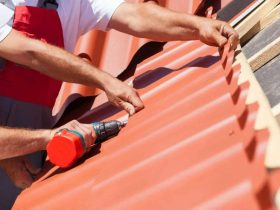In the realm of modern architecture and construction, the choice of roofing material plays a crucial role in not only protecting the structure but also enhancing its aesthetic appeal. One material that has stood the test of time and continues to be a top choice for commercial and industrial buildings is steel. In our latest article, we delve into the world of industrial metal roofing, exploring the benefits, versatility, and durability that make it a popular option for architects and builders alike. Join us on this journey as we uncover the beauty and strength of steel forged in fire.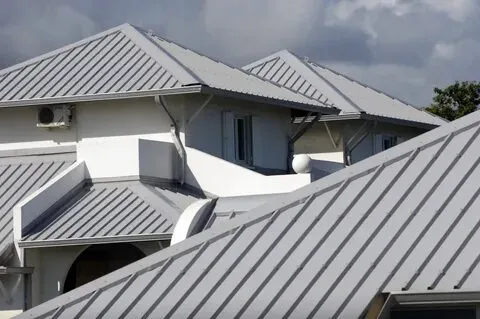
– The Durability of Industrial Metal Roofing
When it comes to roofing options for industrial buildings, few materials can match the durability of metal. Industrial metal roofing is not only strong and long-lasting, but it also provides a sleek and modern aesthetic that complements the industrial design of many buildings. One of the primary reasons why industrial metal roofing is so durable is because it is typically made from materials like steel or aluminum, which are incredibly strong and resistant to the elements.
Moreover, industrial metal roofing is designed to withstand harsh weather conditions, such as high winds, heavy rain, and even hail. The metal panels are often coated with protective finishes that help prevent corrosion and rust, ensuring that the roof will remain in top condition for many years to come. Additionally, metal roofing is fire-resistant, making it a safe and secure option for industrial buildings. With proper maintenance and care, industrial metal roofing can last for decades, providing a reliable and cost-effective roofing solution for industrial businesses.
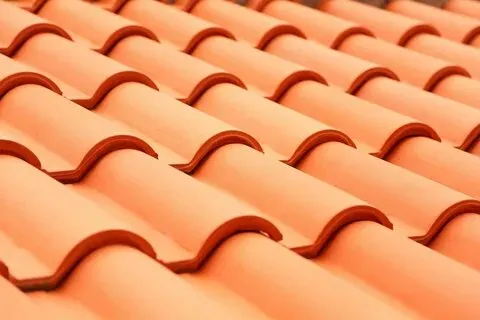
– Benefits of Choosing Metal Roofing for Industrial Buildings
Metal roofing for industrial buildings offers a multitude of benefits that make it a top choice for many businesses. One of the key advantages is its durability. Metal roofs are known for their longevity and ability to withstand harsh weather conditions, such as heavy rain, snow, and wind. This durability translates to less maintenance and repair costs over time, saving businesses money in the long run.
Additionally, metal roofing is highly energy efficient, helping to reduce heating and cooling costs for industrial buildings. The reflective properties of metal roofs help to keep buildings cooler in the summer and retain heat in the winter, resulting in lower energy bills year-round. Furthermore, metal roofing is environmentally friendly, as it is often made from recycled materials and can be recycled at the end of its lifespan. With its combination of durability, energy efficiency, and sustainability, metal roofing is a smart choice for industrial buildings looking to invest in a long-lasting and cost-effective roofing solution.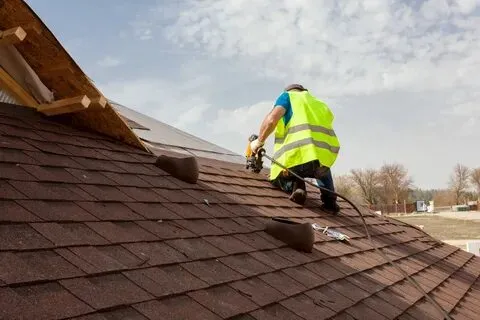
– Exploring the Environmental Sustainability of Metal Roofing
Metal roofing has long been revered for its durability and longevity, but its environmental sustainability is often overlooked. In reality, industrial metal roofing is a green building material that offers numerous eco-friendly benefits. One key advantage is that metal roofs can be recycled at the end of their lifespan, reducing the amount of waste that ends up in landfills. Additionally, metal roofs are energy-efficient, helping to reduce heating and cooling costs in a building.
Furthermore, metal roofing is highly reflective, which means it can help lower urban heat island effects by reducing the amount of heat absorbed by buildings. This can have a positive impact on local air quality and energy consumption. Overall, industrial metal roofing is a versatile and sustainable option for modern construction projects, providing both durability and environmental benefits.
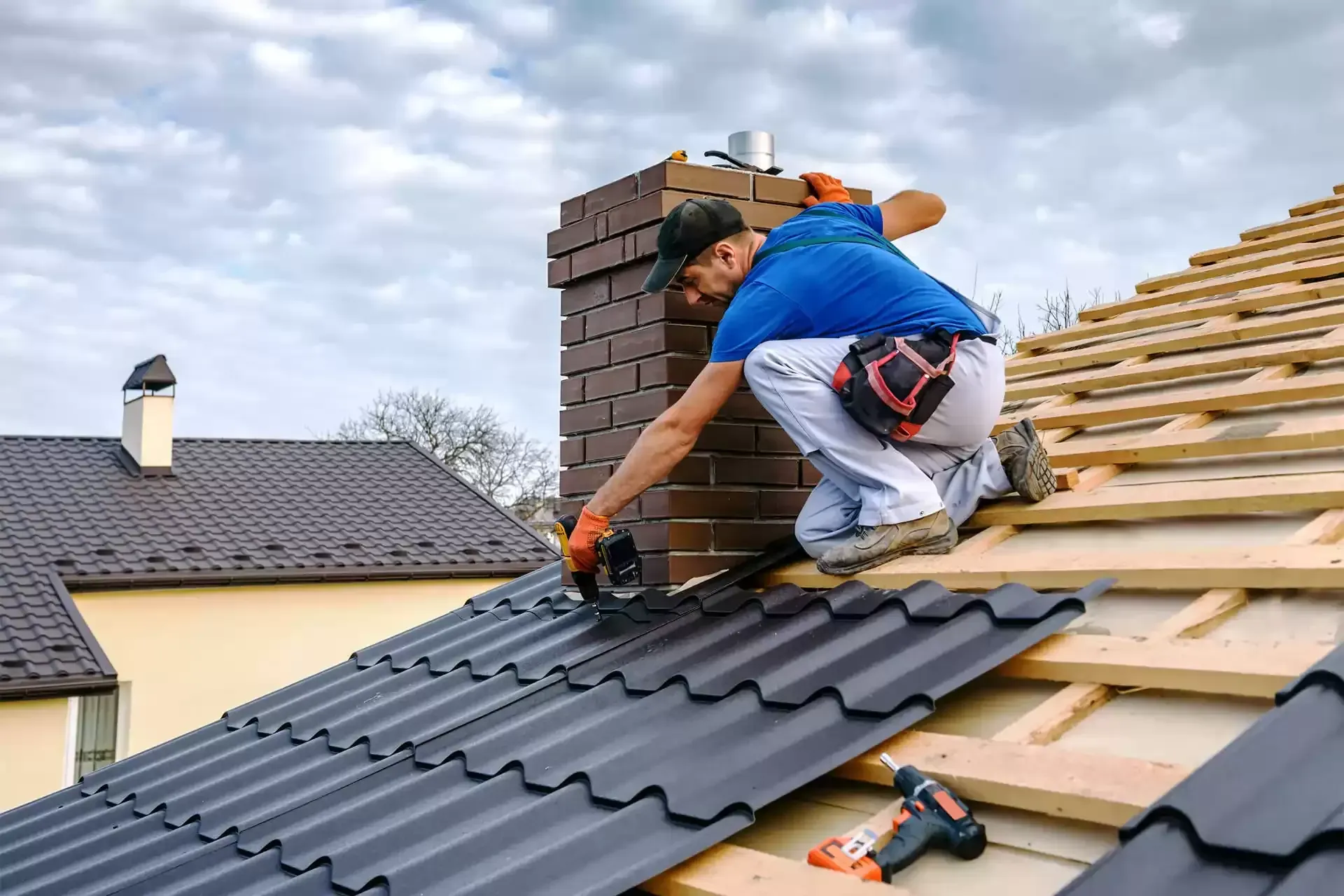
– Tips for Maintenance and Longevity of Industrial Metal Roofing
When it comes to maintaining and extending the longevity of industrial metal roofing, there are a few key tips to keep in mind. First and foremost, regular inspections are crucial in identifying any potential issues early on. Conducting quarterly inspections can help catch any small problems before they escalate into larger, more costly repairs.
Another important aspect of maintaining industrial metal roofing is to ensure proper drainage. Standing water can lead to corrosion and structural damage over time. By keeping gutters and downspouts clear of debris and ensuring proper slope for water runoff, you can prevent water buildup and extend the life of your roof. Additionally, scheduling routine cleaning and maintenance, such as clearing debris and checking for leaks, can help keep your industrial metal roof in top condition for years to come.
Final Thoughts
In conclusion, industrial metal roofing is a durable and versatile option for your building needs. From its strength and longevity to its sleek and modern aesthetic, this unique roofing material is truly forged in steel. Whether you are looking to enhance the functionality and appearance of your commercial or industrial space, consider exploring the possibilities of industrial metal roofing. Embrace the strength and beauty of steel, and let your building stand tall and proud for years to come. Thank you for joining us on this exploration of industrial metal roofing.


